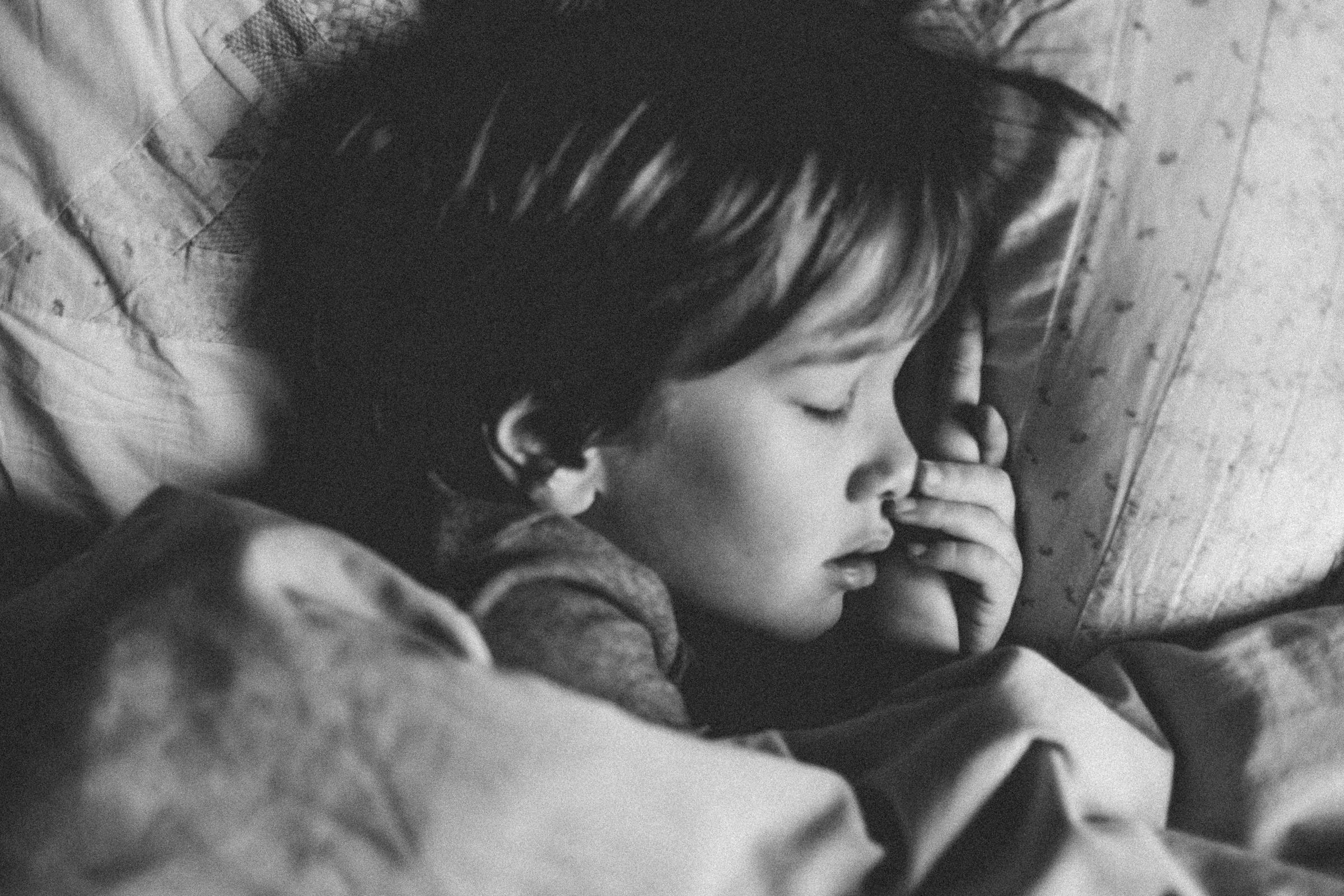Sleep and learning

Article From Raisingchildren.net.au
Key points
- Good sleep helps with children’s concentration, memory and behaviour.
- When children can concentrate, remember things and behave in positive ways, they’re likely to learn well.
- Sleep problems can affect how well children learn.
- You can overcome some sleep problems by working on children’s sleep habits.
- See your GP if you’re concerned about children’s sleep.
About sleep and learning
Good-quality sleep helps your child concentrate, remember things, manage their emotions and behave in positive ways. These factors help your child to be a successful learner.
Poor sleep or not enough sleep affects concentration, memory and behaviour, making it harder for your child to learn. Children who don’t sleep well are more likely to have difficulties with learning.
Concentration and sleep
Children who don’t get enough sleep have trouble concentrating during the day. If your child can’t keep their attention on what they’re trying to learn, whether it’s climbing a tree at the park or singing a song at school, it will affect their learning.
Memory and sleep
Remembering things is part of learning. If your child is tired, it’s harder for your child to remember basic things like how to spell words, how to do maths calculations, or where to find information in a book or on the internet. It’s also harder for your child to remember how to do things like playing a musical instrument.
Our brains create and strengthen different types of memory while we’re asleep. For example, just before your child wakes in the morning, their brain is sorting and storing memories and information from the previous day and getting ready for the day ahead.
Behaviour and sleep
Sleepy children tend to behave in challenging ways at preschool or school – and at home too. Children can also find it difficult to manage their emotions if they don’t get enough sleep.
For example, a sleepy or tired child might:
- not cooperate in class
- have difficulty following the teacher’s instructions
- miss out on learning if the teacher is focusing on their behaviour
- miss out on playing with other children if the other children don’t like their behaviour.
Children who don’t get enough sleep can also be more clumsy.
If your child is having problems with their concentration or memory or they’re behaving in challenging ways, checking your child’s sleep is a good place to start. If you’re worried, or the problems go on for more than 2-4 weeks, talk to your GP or child and family health nurse.
Working on sleep problems to help with learning
Many children have sleep problems.
A good place to start with sleep problems is your child’s sleep habits. Sometimes changing both daytime and night-time habits can make a big difference to your child’s sleep. For example, you might be able to adjust your child’s internal body clock with a regular bedtime routine, morning sunlight, regular exercise and a healthy diet. If these strategies don’t help to adjust your child’s body clock, it’s a good idea to talk about your child’s sleep problems with a health professional, like your GP.
It’s also worth looking at your child’s breathing during sleep. If your child often snores, stops breathing during sleep, works hard to breathe, breathes through their mouth, tosses and turns at night, or sweats a lot overnight, it might be obstructive sleep apnoea. Obstructive sleep apnoea affects the quality of a child’s sleep.
Children with low iron can have trouble settling to sleep and wake in the night. Check that your child’s diet has enough foods rich in iron.
See your GP if you think your child’s sleep problems might be related to obstructive sleep apnoea or another medical condition, or if you’re worried your child might have a persistent sleep problem.
About 50% of sleep problems that start before a child begins school continue into the early years of school. You can support your child’s learning by dealing with sleep problems as they come up and helping your child develop good sleep habits.
Available in other languages here:
https://raisingchildren.net.au/preschoolers/sleep/understanding-sleep/sleep-learning
